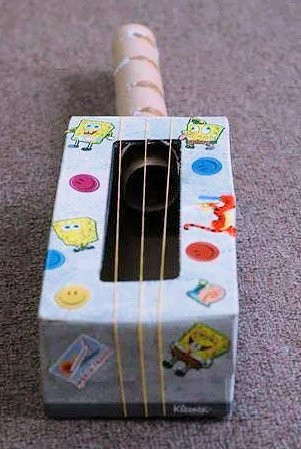How our children learn to be a Musician
Every year, our children complete four music units. Each unit focuses on one particular musical genre or element and the children will be encouraged to listen to, perform, compose and gain knowledge of the history of the studied genre or element. These units are rooted in the children’s ability to find the rhythm and pulse of pieces of music. Once this skill is embedded, they are able to improvise, compose and perform their own musical pieces, whether this be a one note improvisation during a piece or composing and notating complete sections. Children are introduced to key terms each year, such as melody, pitch and tempo. The children are able to root their learning in the real world by referring to key musical artists and genres on the timeline and maps in their classroom.
This means that as well as singing, performing on instruments and composing, children are able to make links between the genres studied and the lives that people led at the time that these genres were pioneered. For example, in Year 5 there will be opportunities to discuss the emergence of blues music and the roots this genre has in the diverse communities of Northern America and how this music gave people a way to voice their feelings and express their suffering in their community.
Foundation Stage – Exploring sound, music and movement, musical stories, big band
Year 1 – Pulse and rhythm, developing musical vocabulary, timbre and rhythmic patterns, pitch and tempo
Year 2 – Call and response, orchestral instruments, musical me, myths and legends
Year 3 – Ballads, singing technique, pentatonic melodies and composition, South African instrumental
Year 4 – Body and tuned percussion, changes in pitch, motifs, Caribbean instrumental
Year 5 – Blues, acapella, composition and notation, composition for a purpose
Year 6 – Pitch and texture, theme and variation, baroque, composition for a purpose (leavers song)
Progression Of Skills [PDF]

